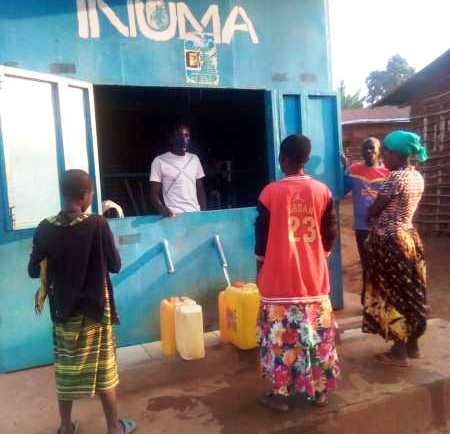
A water kiosk in Rwintare Village, Mageragere;
The small village of Nyarufuzo which overlooks Nyabarongo river swamp in Mageragere sector of Nyarugenge District used to be overcome with fear. This fear was a result of crocodiles that were killing residents who would be collecting water in the river.
Four men and a woman named Flavia, their lives were taken through similar circumstances by the crocodiles at the bottom of the river. The incidences reached their climax during the dry season of 2014.
“I was thirsty and needed to cook food for my children, but I could not send anyone to fetch me water from that crocodile-infested river that was decimating the whole village. Do we have to relocate and go live elsewhere? Yet our fertile fields were here,” Niyongira would wonder.
It was during this period that a young Rwandan woman studying at an American university in Oklahoma Christian University during her holidays was passing through the area by chance that she heard the woes of mothers and villagers.
The young student was Christella Kwizera who later developed an idea of how to solve the problem that the residents of Nyarufuzo were facing which was clean water scarcity. Nyarufunzo, which literally means a village of papyrus swamps had an abundance of water and this also constitute part of the distant source of the Nile, African’s longest river.
When the holidays ended, Kwizera returned to Oklahoma but continued to ponder about the problems of the villagers in Nyarufuzo. She was convinced that the only way to help them was to provide a source of clean water from and a pump running on solar power was a perfect solution. This idea was the birth of Water Access Rwanda project.
She initiated a fundraising process during her stay in the USA and later founded Water Access Rwanda.
When Kwizera completed her studies in mechanical engineering, she continued with her Social Enterprise, which is now operating in eight districts of the country that include Nyarugenge, Bugesera, Kamonyi, Kirehe, Ngoma, Rusizi and Rwamagana.
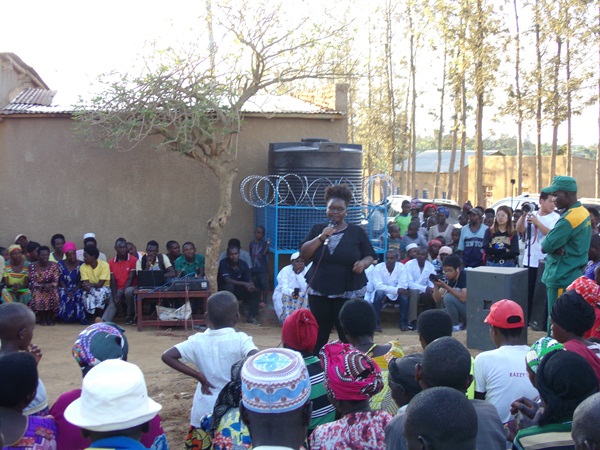
Kwizera meeting with beneficiaries;
“The young lady Christella Kwizera provided a fantastic solution to our villager who had been affected by crocodiles while fetching water. She was able to provide water, a useful commodity at a crucial time. We owe her a lot,” said an official from Nyarugenge District.
For her outstanding service through innovation, Kwizera received the Global Citizen Award: Cisco Youth Leadership Award 2020 that came with a cash prize of US $ 250,000.
Today, Christella Kwizera, 27, is a mechanical engineer with a passion for social entrepreneurship, environmental protection and youth employment.
Born in the Northern Province of Rwanda, near the Volcanoes, she grew up in Kigali attending her secondary studies at Lycée Notre Dame de Cîteaux and Kigali International Community School. She would get a scholarship to go to Oklahoma Christian University where she completed as a mechanical engineer and recently completed an executive finance program at the University of Oxford Business School.
“I launched Water Access Rwanda in 2014 with the desire to eliminate the water crisis in Rwanda, while providing employment for young people. The biggest achievement is the number of people who can now reliably access water thanks to the various water points that we have built and are managing across Rwanda. As a result, we have been able to provide full time employment to over sixty people. We were also the lucky recipients of the Global Citizen Award: Cisco Youth Leadership Award 2020”, says Kwizera.
Water Access Rwanda is now giving water in seven districts, including Rusizi, and Nkombo Island
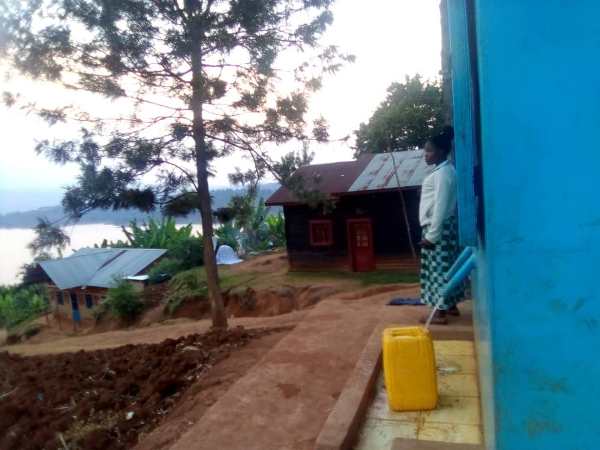
Ishywa Village, Nkombo Island
Mrs. Hadidja Mukabaranga, 38, married with three children, from Rwintare village, Gasharu cell, Nyamirambo sector, testifies that Water Access Rwanda started to give water to her village when other solutions had failed.
The water of Imana, meaning a gift from the God of Peace, or the water brought by the pigeon is not expensive. Inuma here means “pigeon”. A litre costs one Rwandan franc and the price is uniform everywhere. A 20 litre jerrycan costs Rwf.20. Wherever the project takes root a kiosk is installed to supply water through a solar-powered pump, the water rises, and is purified before being stored in a tank that distributes through taps. You can draw from a public fountain or install your own tap at your home. We pay for the water beforehand through a prepayment system which then sends the water to the tap. The quantity of water purchased is sent to the meter by telephone. Young people have been trained and work in the technical aspects of drilling, in management and distribution.
“Ms. Kwizera has ensured that the water provided by her project is affordable for everyone and costs only a dollar. She even made these payments easy to follow. Water Access Rwanda has facilitated the payment process by working with smart prepayment meters which are linked to mobile payment platforms; the company also trained young people to use this technology to sell water to public access points,” emphasizes Aimable Sibomana, from the village of Rwintare, also a beneficiary of the Project.
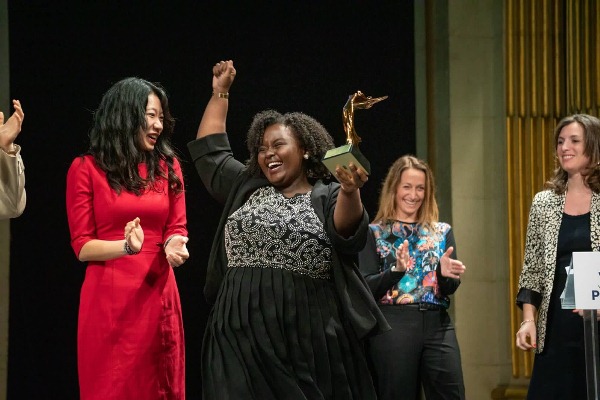
Receiving Award in 2020;
The village of Rwintare has a kiosk. It is the same for the cells of Nyarufunzo and Karukoro, etc … It is estimated at 39 the number of kiosks built in various districts such as Nyarugenge (14), Bugesera (10), Rusizi (6) and Ngoma (5).
In the south-western Rwanda in Risizi district that borders the DR Congo, a village of Ishywa on the island of Nkombo, 21786 inhabitants, is benefiting from Kwizera’s project. Half of over 2,200 Ishywa households enjoy the benefits of Water Access Rwanda, as Siméon Nteziryayo testifies:
Nkombo Island is located in the middle of Lake Kivu. This island has a village called “Ishywa” inhabited by more than 2,200 households and provided with water thanks to Water Access Rwanda. There is also electricity and internet. Before drilling water, the residents consumed water drawn by children from the lake and risked being drowning. Diarrhea following was also frequent.
With the arrival of borehole water provided by Water Access Rwanda, these health problems and the risk of drowning are no more. The residents on this island are now living better lives thanks to the project. In total, Ishywa’s 523 households, or 3,318 people, are grateful to the Kwizera project. Further on the island of Nkombo, another kiosk set up in the village of Gisunyu, provides borehole water by solar energy to 131 households, or 758 people.
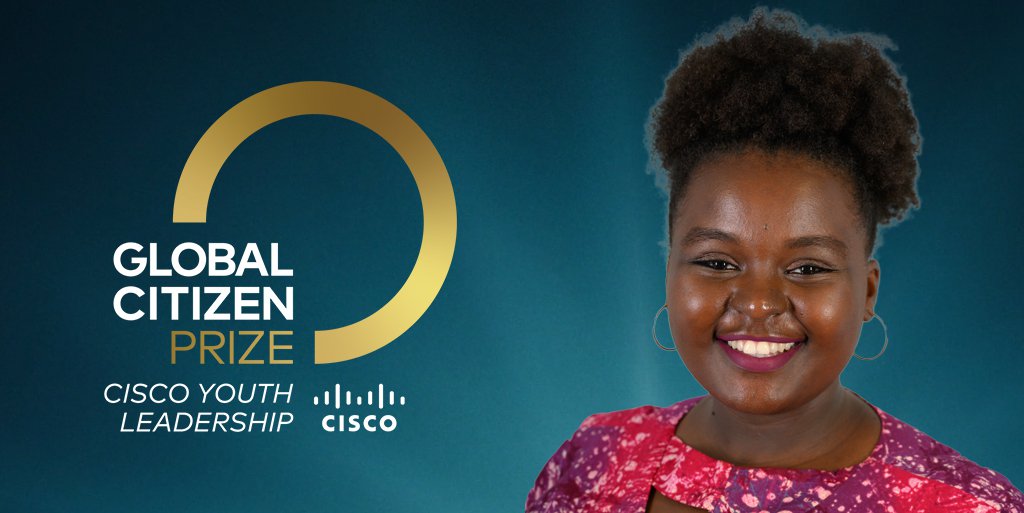
In terms of performance and specificities, Water Access Rwanda groups its services into 4 categories:
1. INUMA ™
(Inuma is in Kinyarwanda. It means “pigeon”)
Inuma is creating a drinking water network by pipelines supplied by a micro network of boreholes where purified drinking water is available at public points and piped to homes for private access. All water is purified through a treatment process, pumped using solar power and AC power, and sold through token-activated prepaid water meters for just 1-franc per liter ($ 0.001 /litre).
2. UHIRA – IJABO
(Uhira is in Kinyarwanda. It means “irrigate”, imperative. While ijabo means “strength, build, grip.” A man who has ijabo is one who has grip, build).
Aimed at farmers and off-grid businesses, Uhira is equipped with a drilling, a solar pump, a pipeline, a storage system elevated and an optional livestock watering or tap system from the reservoirs.
This system is offered to groups of farmers who pay per use based on the IJABO model or on a 0% credit for farmers with a 25% down payment, followed by equal monthly payments for 12 months.
3. AMAZI.RW
Amazi means “water”.
With the aim of increasing rainwater harvesting and ensuring that all urban household taps provide drinking water, Amazi provides first flush diversion systems and filtration systems at the point of entry and point of use.
Thanks to this solution, households, schools, camps and clinics can save on their water bills during the rainy season while reducing the amount of runoff which would otherwise cause flooding.
The systems are delivered with a one year warranty. Filters include inline filters, table filters, portable filters and Aqua tabs chlorinators.
4. VOMA
Voma means “draws, imperative”.
All the technical capacities of the company can be reorganized and grouped together to achieve other project objectives within projects personalized managed by NGOs, developers of carbon credits projects, governments, CSR partnerships, etc.
As part of the VOMA projects, we also offer WASH training, baseline surveys and monitoring and evaluation aspects through sophisticated survey tools.
By for example, within the framework of VOMA projects, more than 54 public water points are maintained and are subject to monthly preventive care.
Investment Fund and sources of financing
The main beneficiaries of the project are families living in rural areas who do not have access to drinking and reliable water, as well as young people who are helping to provide solutions to the water crisis in Rwanda. “We see our solution working for the current beneficiaries of over 200,000 people in and around Rwanda. We have managed to raise US $ 1.1 million for 2021. This money is a mix of private funding, grants, project funding and credits, ”says Kwizera.
Regarding the jobs created, in 2021, Water Access Rwanda has already created 67 jobs in total, of which 50.7% for women. Overall, the average age of staff is 30.
Vision and Challenges of the Project
“Our goal is to roll this in at least 12 countries by 2030 thanks to our INUMA mini-grid offer and to cover East Africa with our other agricultural and rainwater harvesting solutions. We will significantly contribute to the realization of the human right of access to water, to the improvement of the status of rural women and to the increase in the incomes of farmers in sub-Saharan Africa”, said Engineer Kwizera.
She adds that the challenge is capital investments which are not easy to get as a start-up. This limits our reach and means that we are growing more slowly than we want, when we have to invest a lot to maintain quality standards. My greatest satisfaction: it is when I see our vision of the distribution of drinking and reliable water and the creation of jobs come to fruition before my eyes, with a growing team of collaborators that I have inspired and who have appropriate to our mission. It is time to end the march for water, to dissociate the African narrative from that of poverty and foreign interventions. (End)
